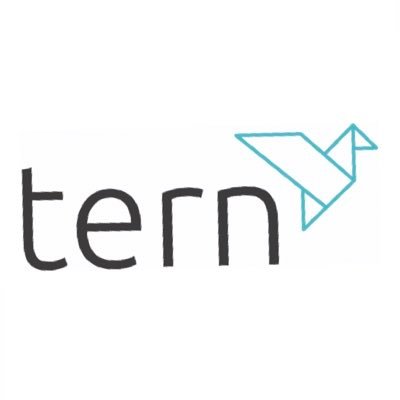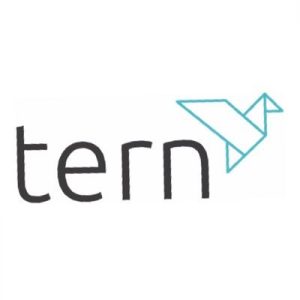In today’s security landscape, the assumption of trust is no longer viable, necessitating a stringent approach to network protection. IAM Zero Trust embodies this by enforcing the principle of ‘never trust, always verify.’ This model requires continuous verification of user identities and access privileges, with Identity and Access Management (IAM) being pivotal in its implementation. Through IAM, organisations can enhance their security by continually verifying the identity and context of all users and devices, thus creating a resilient security framework.
The Zero Trust model shifts the focus from traditional network perimeter protection to identity verification. IAM ensures that user credentials are constantly confirmed, and access is restricted to the minimum necessary privileges. This paradigm shift acknowledges that trust is a vulnerability, requiring verification for every user and device interaction within the network. The integration of multi-factor authentication (MFA) and role-based access control are crucial elements of this model, adding layers of security and reducing the risk of unauthorised access.
Implementing a robust Zero Trust framework involves a strategic approach, including Segregation of Duties (SoD) and micro-segmentation, which work with IAM to prevent unrestricted access to critical IT resources. A centralised security management framework is essential, especially as users and devices operate across diverse networks. Unified security solutions ensure consistent and secure user experiences, aligning with Zero Trust principles.
The principle of least privilege is central to Zero Trust security, restricting access to only what is strictly necessary. This minimises the attack surface and potential impact of breaches. Organisations can enforce least privilege access by using specific, granular scopes and restricting user consent to applications with necessary permissions, thus reinforcing overall security.
Balancing security with user experience is a significant challenge in Zero Trust architecture. However, mechanisms like conditional access policies and single sign-on (SSO) enable seamless user access without compromising security. SSO reduces the need for multiple credentials while complying with Zero Trust policies, and secure remote access is critical for hybrid work models. A robust IAM policy protects against credential theft and unauthorised network movements, ensuring secure access.
Despite the clear benefits, implementing IAM Zero Trust is challenging due to potential lack of management support, insufficient funding, and the difficulty of managing disparate identities. These challenges can be addressed by consolidating identities and aligning Zero Trust initiatives with organisational goals. For instance, GitLab’s ‘MFA by default’ policy showcases the effectiveness of key IAM strategies in facilitating rapid adoption and reducing IT friction.
Managing multiple identities across different environments is another challenge, as identity fragmentation can create vulnerabilities. Consolidating identities under one IAM system is recommended to improve identity lifecycle management and adapt to modern security demands. Traditional security models focusing on network perimeter protection are insufficient for hybrid work models, necessitating the continuous verification of identities and access privileges in a Zero Trust IAM framework.
Multi-factor authentication (MFA) plays a foundational role in Zero Trust by requiring multiple forms of verification, thereby enhancing security. MFA includes blocking legacy authentication methods known to be vulnerable, thus minimising credential exploitation risks. The combination of passwords, tokens, or biometrics strengthens the principle of ongoing verification, making it harder for unauthorised individuals to gain access.
Implementing a Zero Trust framework requires meticulous planning and strategic foresight. This involves understanding business and IT strategies, conducting a gap analysis, and creating a prioritised list of Zero Trust projects. Engaging security teams and stakeholders is crucial for aligning Zero Trust initiatives with business goals and achieving consensus on risks and mitigation steps.
Integrating IAM solutions into a Zero Trust strategy involves standardising user identities and ensuring device compliance with security policies. Leveraging tools like SSO and identity governance enhances the user experience and reduces security risks. Best practices for maintaining a Zero Trust IAM environment include implementing credential hygiene, conducting regular security audits, and maintaining a flexible strategy to adapt to evolving threats.
Continuous monitoring and adaptive trust assessments are essential in a Zero Trust environment. Real-time session monitoring, dynamic policy assessments, and automated security enforcement adjustments based on risk levels ensure robust security. These practices collectively strengthen Zero Trust environments by proactively defending against cybersecurity threats.
In summary, IAM and Zero Trust offer a transformative approach to cybersecurity, focusing on identity verification and least privilege access over traditional network security. Through continuous monitoring, adaptive assessments, and the integration of IAM solutions, organisations can fortify their security posture against modern threats, embracing the Zero Trust journey to redefine cybersecurity strategies.
Tern plc (LON:TERN) backs exciting, high growth IoT innovators in Europe. They provide support and create a genuinely collaborative environment for talented, well-motivated teams. Device Authority is focused on securing connected device ecosystems and is recognized as the global leader in Device Identity Lifecycle Management and Identity and Access Management (IAM) for the Internet of Things (IoT).


